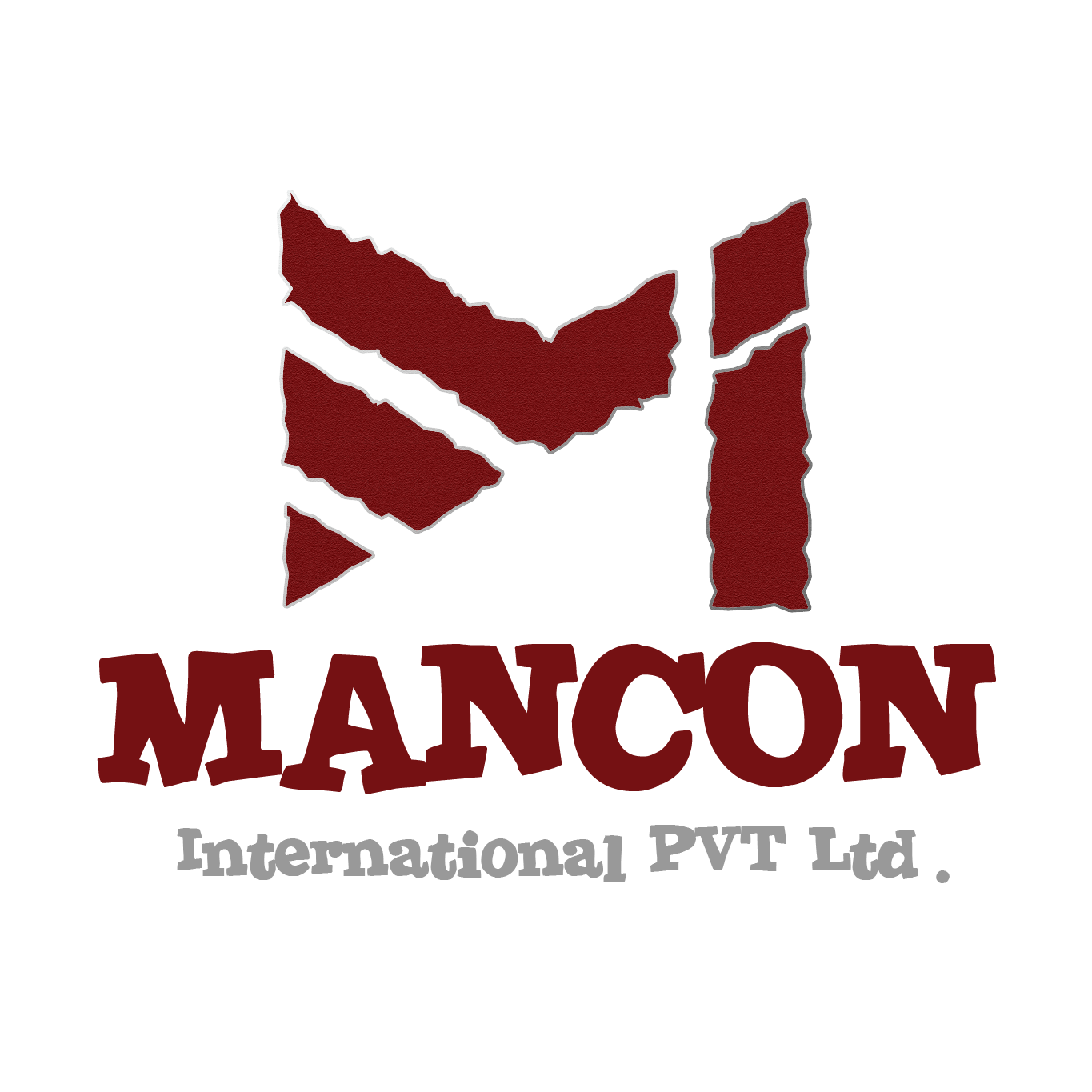Building Organizational Excellence: Strategic Recruitment for Administrative Talent
Effective administration is the backbone of any thriving organization, ensuring seamless operations, resource efficiency, and cross-departmental coordination. Recruiting skilled administrative professionals—from executive assistants and office managers to support staff and graduates—requires a strategic approach tailored to the unique demands of these roles.
1. Aligning Skills with Organizational Needs
Administrative roles demand a diverse skill set, including organizational agility, time management, communication, and proficiency in tools like Microsoft Office or project management software. For example, executive assistants may require advanced calendaring, stakeholder management, and confidentiality expertise, while office managers might need facilities coordination or budget oversight skills. Soft skills like problem-solving, adaptability, and emotional intelligence are equally critical, as administrative professionals often act as the connective tissue between teams and leadership.
2. Navigating Industry-Specific Requirements
Industry context shapes administrative needs. In healthcare, administrative staff may need familiarity with electronic health records (EHR) systems or patient scheduling, while tech startups might prioritize experience with remote collaboration tools or agile workflows. Understanding sector-specific challenges—such as compliance in legal firms or event coordination in hospitality—ensures candidates can hit the ground running.
3. Cultivating a Talent Pipeline
Proactive recruitment involves building relationships with vocational schools, business programs, and professional networks to attract emerging talent. Internships, apprenticeships, and upskilling initiatives can nurture future leaders, while partnerships with administrative associations (e.g., IAAP) provide access to seasoned professionals. Investing in continuous training for existing staff also ensures adaptability to evolving tools like AI-driven scheduling or automated workflows.
4. Prioritizing Cultural Fit and Growth Potential
Administrative professionals often interact with every level of an organization, making cultural alignment essential. Look for candidates who embody the company’s values and demonstrate potential to grow into roles like operations management or HR coordination. Retention strategies, such as career development plans and recognition programs, further solidify long-term success.
Conclusion
Recruiting top administrative talent requires balancing technical expertise, industry insight, and soft skills while fostering a culture of growth and adaptability. By aligning recruitment strategies with organizational goals and future trends, businesses can build a resilient administrative team capable of driving efficiency, innovation, and cohesion across all operations.


